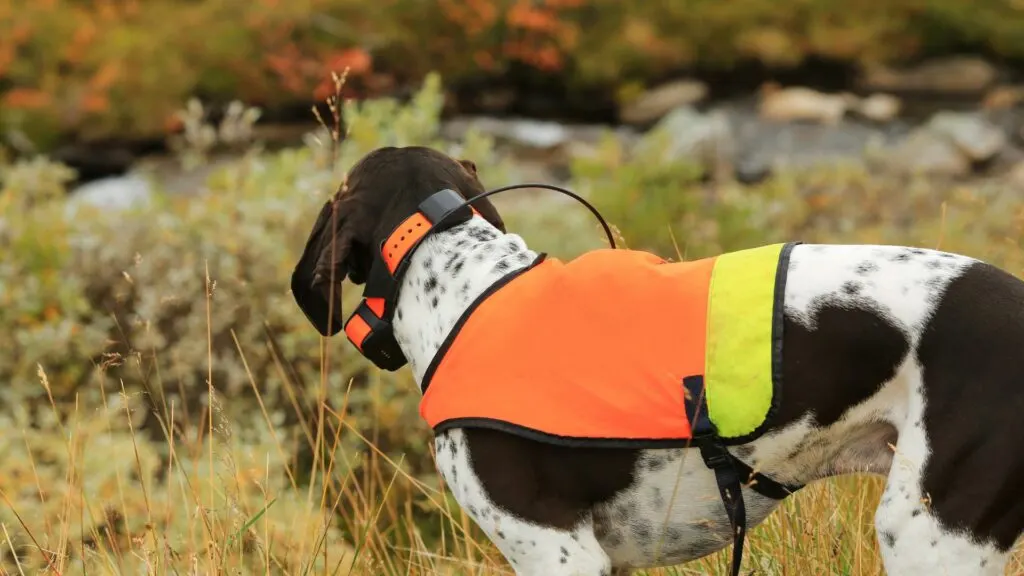Dog GPS collars are an incredible tool for pet owners who want to ensure their dogs are safe while exploring the outdoors. These devices use advanced technology to track your dog’s location in real-time, offering peace of mind when your pup roams off-leash. Understanding how these collars work and what to consider when choosing one can help you make the best decision for your furry friend.

How Do GPS Trackers Work
GPS for dogs works by connecting to a network of satellites that orbit the Earth. The GPS receiver in the collar communicates with these satellites to calculate your dog’s precise location. This data is then transmitted to an app on your smartphone, where you can monitor your dog’s movements in real-time. Most GPS trackers provide location accuracy within a few feet, giving you precise control over your dog’s whereabouts.
Many GPS collars also include features like geofencing, which allows you to set a virtual boundary. If your dog crosses this boundary, you’ll receive an immediate alert, enabling you to react quickly. These collars are not just about tracking; some even monitor your dog’s activity levels, helping you keep tabs on their health and fitness. Whether you’re hiking in the mountains or visiting the local park, a dog GPS collar can offer you peace of mind by ensuring your pup is always within your reach.
Although GPS trackers are highly effective, they aren’t the only option for keeping your dog safe. Microchipping is another essential safeguard that works in tandem with GPS technology. Some of the best gps trackers for dogs can complement a microchip to provide double protection for your dog.

Choosing the Right GPS Collar for Your Dog
When choosing a GPS collar for your dog, there are a few factors to keep in mind. One of the most important is the size and weight of the collar. The GPS device should fit comfortably around your dog’s neck without causing any discomfort. Smaller dogs may need lightweight models, while larger breeds can handle bulkier collars with more features.
Battery life is another key consideration. Some collars need to be charged more frequently than others, depending on the range and accuracy of the GPS signal. You’ll want a collar that provides enough battery life for your dog’s outdoor adventures without constant recharging. GPS collars with longer battery life are ideal for those who love extended hikes or camping trips with their pets.
Another feature to consider is whether the collar offers additional benefits, such as activity tracking or health monitoring. Some models track your dog’s movement, rest, and exercise, providing valuable insights into their overall health.
Finally, while GPS collars are excellent for real-time tracking, it’s wise to combine them with microchip registration. A microchip serves as a permanent form of identification, ensuring your dog can always be returned to you if they get lost. Microchipping, along with a reliable GPS collar, offers the best protection for your dog.
Best GPS Collars for Dogs: How They Work and What to Look For

In conclusion, GPS collars are a must-have for any dog owner who wants to ensure their pet’s safety while exploring the world. By understanding the technology behind these devices and choosing the right one for your dog, you can confidently let your pup enjoy their adventures while knowing they are always within reach.

Jessi is the creative mind behind The Coffee Mom, a popular blog that combines parenting advice, travel tips, and a love for all things Disney. As a trusted Disney influencer and passionate storyteller, Jessi’s authentic insights and relatable content resonate with readers worldwide.
